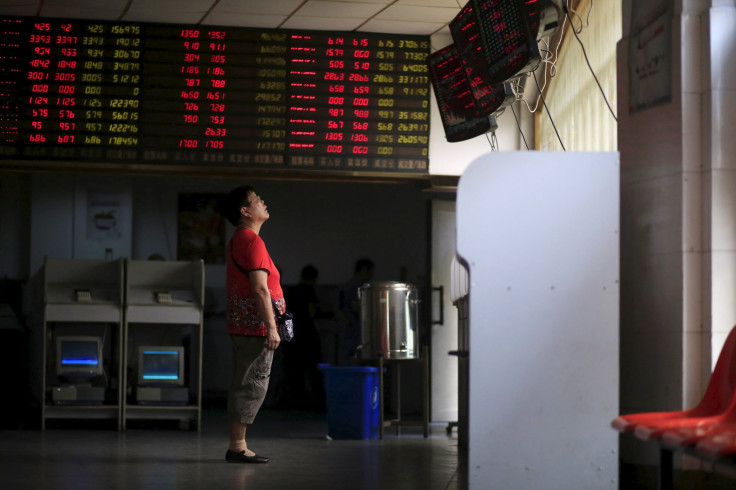Asian Stocks Remain Volatile on Continued Worries About Chinese Economy, But Tokyo Stocks Rebound

SHANGHAI -- Following Tuesday’s falls on world stock markets, volatility continued on Asian markets Wednesday, as worries about China’s latest manufacturing figures and a possible U.S. interest rate rise continued to affect investor sentiment.
China's markets opened sharply down, before rebounding in late morning trading. Other Asian markets also fell, though Tokyo’s Nikkei bucked the trend, rising for the first time in three days in morning trades.
In China the main Shanghai Composite Index fell more than 4 percent on opening, before rebounding to finish the morning up 0.3 percent. The secondary Shenzhen Composite Index also fell sharply, before rebounding to trade more than 0.6 percent higher by lunchtime, while Shenzhen’s Nasdaq-like ChiNext index for high-tech shares also fell, before rising to close the morning almost 2 percent up -- following a fall of more than 5 percent Tuesday.
Hong Kong’s Hang Seng index was down 0.8 percent by late morning. In Australia the ASX200 was 1.2 percent lower, while South Korea’s Kospi Index fell 0.5 percent.
Japan’s Nikkei rose, however, after falling for the previous two days on concerns about China’s markets and U.S. interest rate hikes. Analysts said bargain hunting, influenced partly by a Goldman Sachs analyst's suggestion that shares were now undervalued, was behind the rise. By lunchtime local time the Nikkei was 0.8 percent higher at 18,219. Singapore’s Straits Times Index was also up, by 0.1 percent in mid-morning.
The Chinese market's rebound came after reports that the government was mobilizing the country’s biggest brokerages to contribute up to 100 billion yuan (around $15 billion) to a fund that will invest in shares, in an attempt to stabilize the market. The South China Morning Post said 50 of the country’s major brokerages would each contribute 20 percent of their assets to the fund.
More than 20 major brokerages contributed a similar amount in early July in an attempt to prop up the falling stock marker. However their efforts at that time appear to have had only a short-term effect, as the Chinese stock market is currently a further 10 percent down on its early July low point -- though it still remains 50 percent higher than it was before it began a dramatic bull-run a year ago.
© Copyright IBTimes 2024. All rights reserved.












